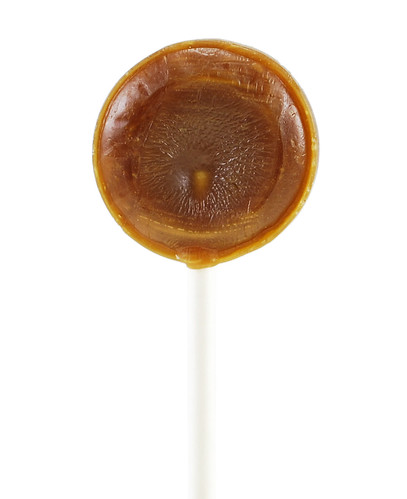I've been in village for the last week or so, and things went well, as usual. My host family, the Souarés, are doing pretty well -- there is quite a bit of conjunctivitis (a.k.a pinkeye) going around, which is gross but under control, and other than that everyone's fine.
Some host family cousins were visiting from Guinea last week, so there were even more people at the house than usual, and the corp harvest is almost ready, most afternoons there were a lot of people just hanging out under the mango tree, making tea and cooking ears of fresh corn on little Hibachi-ish grills.
I helped do paper work at the monthly vaccination and baby-weighing day at the Salémata Health Center, worked on my Pulaar a bit, and worked on formatting my baseline data and planning my Action Plan.
Today I'm going to swing by the post office, try to catch up on e-mail at the cyber cafe, download and start filling out my Volunteer Reporting Form (VRF) and just generally take care of work-type stuff, and then a few of us are going to make lentil soup for dinner at the Regional House. Exciting times here in Kédougou...
Some host family cousins were visiting from Guinea last week, so there were even more people at the house than usual, and the corp harvest is almost ready, most afternoons there were a lot of people just hanging out under the mango tree, making tea and cooking ears of fresh corn on little Hibachi-ish grills.
I helped do paper work at the monthly vaccination and baby-weighing day at the Salémata Health Center, worked on my Pulaar a bit, and worked on formatting my baseline data and planning my Action Plan.
Today I'm going to swing by the post office, try to catch up on e-mail at the cyber cafe, download and start filling out my Volunteer Reporting Form (VRF) and just generally take care of work-type stuff, and then a few of us are going to make lentil soup for dinner at the Regional House. Exciting times here in Kédougou...

















































